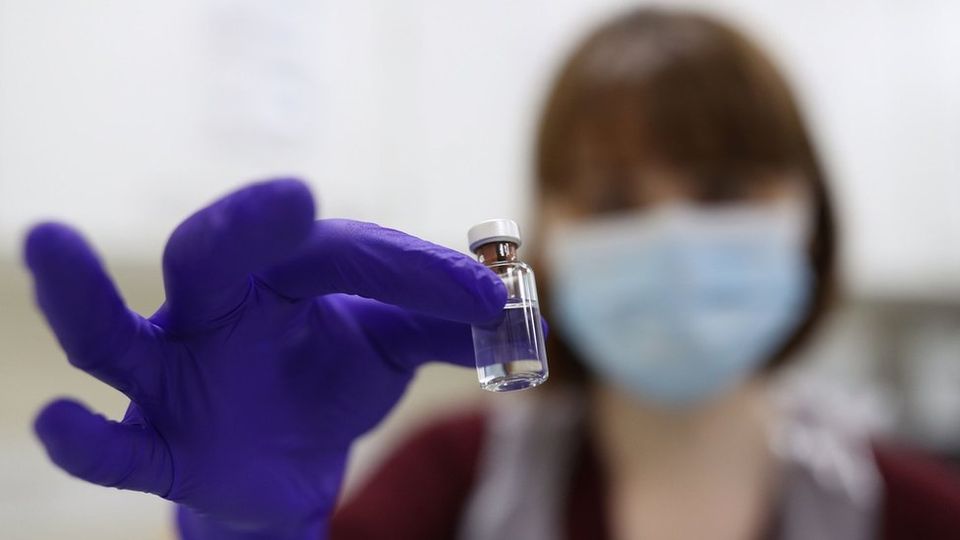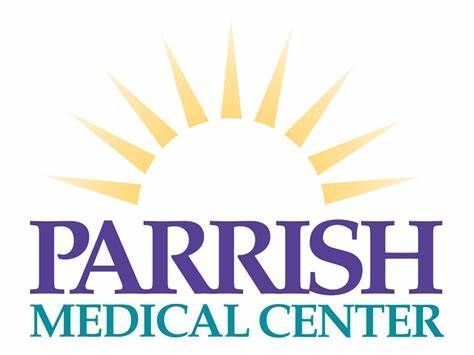COVID Vaccine and Heart Problems
Should Adults With Heart Problems Get the COVID-19 Vaccine?

AS ALWAYS, PLEASE CONSULT WITH YOUR PHYSICIAN. SOME MAY NOT BE SAFE CANDIDATES TO RECIEVE THE VACCINE IF YOU HAVE OTHER UNDERLYING CONDITIONS.
Heart Disease, Stroke, or Other Cardiovascular Disease and Adult Vaccination
Each year thousands of adults in the United States get sick from diseases that could be prevented by vaccines — some people are hospitalized, and some even die. People with heart disease and those who have suffered stroke are at higher risk for serious problems from certain diseases. Getting vaccinated is an important step in staying healthy. If you have cardiovascular disease, talk with your doctor about getting your vaccinations up-to-date.
Why Vaccines are Important for You
- Heart disease can make it harder for you to fight off certain diseases or make it more likely that you will have serious complications from certain diseases.
- Immunization provides the best protection against vaccine-preventable diseases.
- Vaccines are one of the safest ways for you to protect your health, even if you are taking prescription medications. Vaccine side effects are usually mild and go away on their own. Severe side effects are very rare.
- Some vaccine-preventable diseases, like the flu, can increase the risk of another heart attack.
Is the coronavirus vaccine safe?
Vaccines are only approved for use after being thoroughly tested on tens of thousands of people. In order to approve a vaccine, experts at the MHRA look carefully at all the evidence about the vaccine and make sure have that it meets strict standards of safety, quality and effectiveness.
There have been a very small number of reports of allergic reactions in people who already had a history of serious allergic reactions. As a result, the vaccine is not recommended for people with serious allergies. That doesn't change the fact that this is a safe vaccine for the vast majority of people. Unless you have a history of serious allergies, there is no need for you to worry about these reports. Just to be extra careful, the people receiving the vaccine will be observed by medical staff for 15 minutes afterwards - so any reactions that do rarely happen can be treated right away.
Is the vaccine safe for people with heart conditions?
Any vaccine which is approved will have been tested on people with long-term conditions, including heart and circulatory conditions, and including older people. It is safe for people with heart conditions and other at-risk groups, and that at-risk people should be among those who are prioritized to receive the vaccine.
As part of the testing, experts also looked at whether there are any differences in how well the vaccine works in people with health conditions. In the case of the Pfizer/BioNTech vaccine (the only one which has completed testing) there were no meaningful differences in how well it works in people with health conditions that put them at risk of severe Covid-19 (including diabetes, high blood pressure, asthma and obesity.)
Is the vaccine safe for people taking blood thinners like warfarin or other anticoagulants?
Like most vaccines, the coronavirus vaccine is injected into the muscle of your upper arm. As with any injection, there is some risk of bleeding. Injections into your muscle may bleed a little more than injections that are given under the skin, but less than those that are given into a vein. If you are taking a blood thinner such as warfarin, or a new anticoagulant, the bleeding may take a little longer to stop and you may get more bruising on your upper arm.
Public Health England and the Department of Health have said that you can have the vaccine if your anticoagulant treatment is stable. That generally means that you will have been taking the same dose for a while and that if you are on warfarin, that your INR checks are up to date and that your latest INR level was in the right range.
Is the vaccine safe for people taking blood thinners like clopidogrel or other antiplatelet drugs?
Yes. If you are taking an antiplatelet medication, such as clopidogrel, then the vaccine is safe for you to take. You may experience a little more bruising around the injection site.
Does the vaccine work against the new strain of the virus?
As far as we know, the vaccine will still work against the new strain of the virus.





